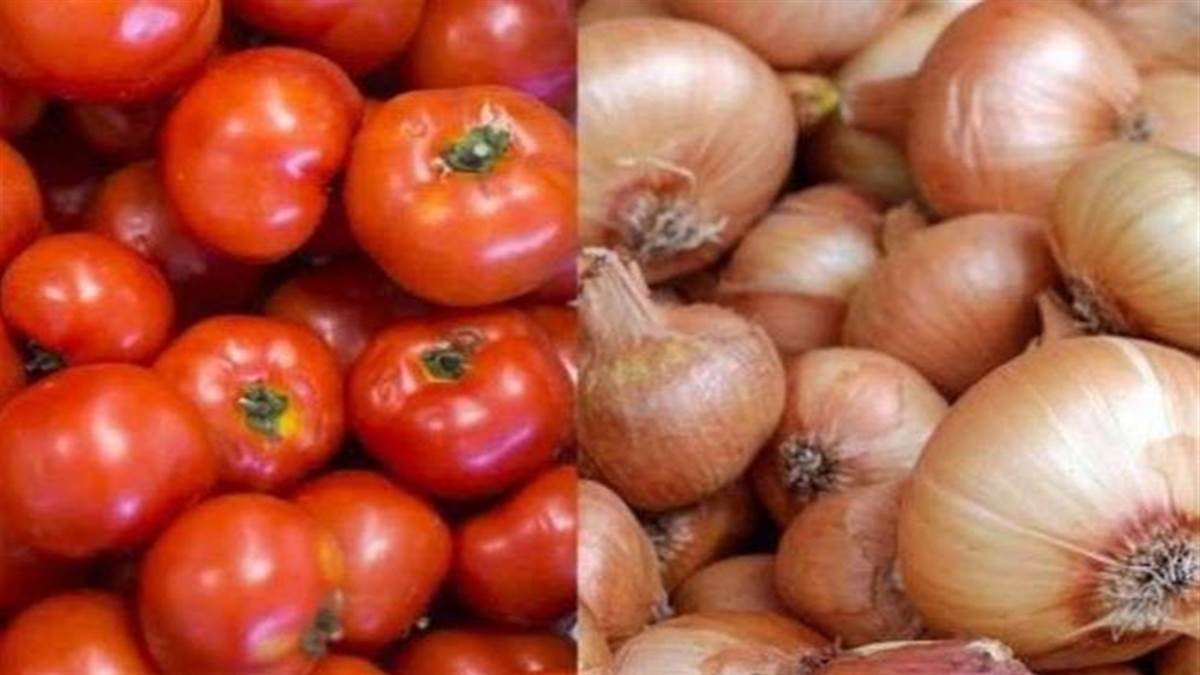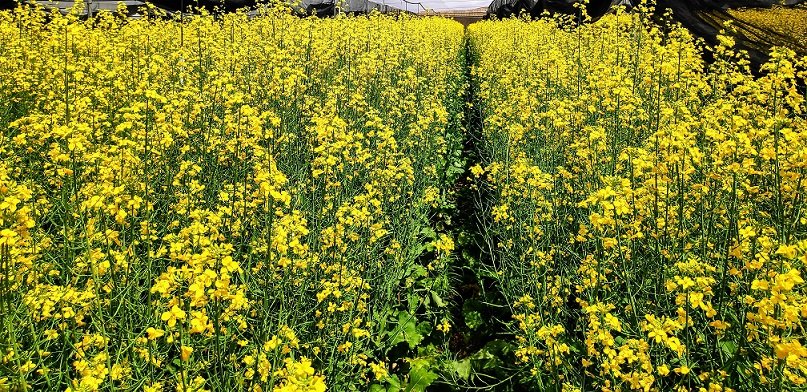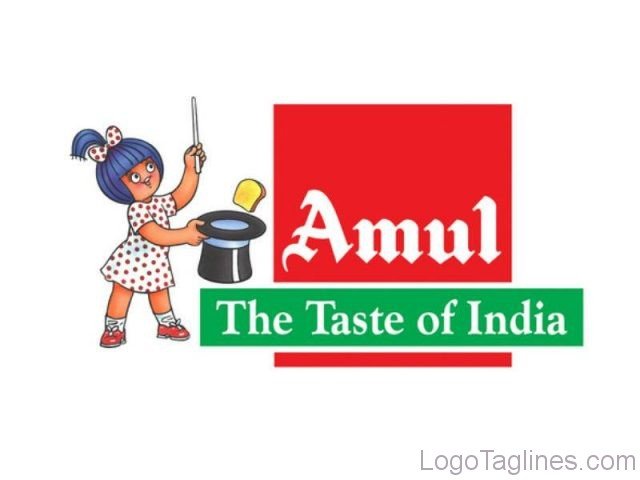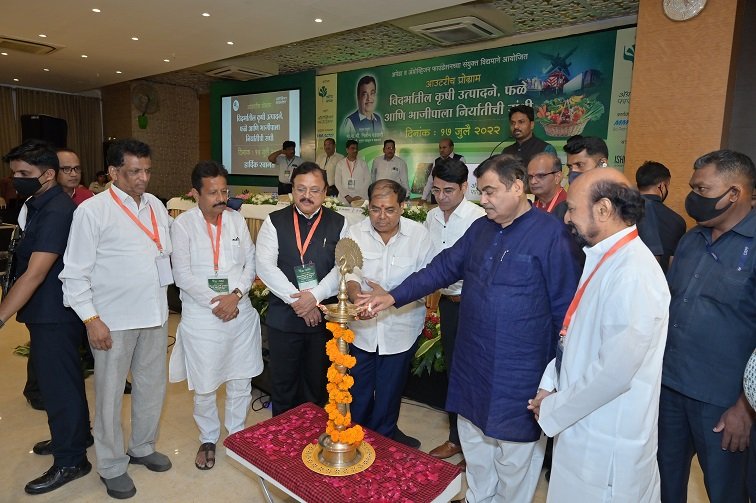Company’s milk procurement has increased by a phenomenal 190 per cent over the last 12 years.
Amul cooperative movement celebrated its 75th anniversary by achieving group turnover of Rs. 61,000 crores, further consolidating its position as the largest food and FMCG brand in India. Needless to state, Amul, which is currently ranked as the 8th largest dairy organization in the world, added another Rs. 8000 crores to its group turnover in 2021-22, growing even faster than its 12-year compounded average growth rate, on the back of rapid post-pandemic recovery in out-of-home consumption and demand from restaurants, catering, travel and hospitality segment.
After the 48th Annual General Body Meeting of GCMMF (the organization that owns and markets products under brand Amul), held on 19th July 2022, Shamalbhai Patel, Chairman, GCMMF, informed that the cooperative achieved 18.46 per cent growth in turnover in 2021-22, which was even higher than 16 per cent CAGR in turnover over the last 12 years. The Chairman also emphasized the fact that “Over the last 12 years, our milk procurement has increased by a phenomenal 190 per cent. This impressive growth was a result of the high milk procurement price – which has increased by 143 per cent during this 12-year period – paid to our farmer-members”.
The Chairman also added that the highly remunerative price helped us retain farmers’ interest in milk production; and better returns from dairying have motivated them to enhance their investments in this sector
He further emphasized, “Our expansion plans are based on our milk procurement projections. Generally, every year there is capacity expansion through an investment of approximately Rs. 800 crores to Rs. 1,000 crores. We are also expanding in fresh products (milk, curd and buttermilk). A new dairy plant, with an investment of Rs 500 crores, will come up in Rajkot. Within two years, large dairy plants will also come up in Baghpat, near Delhi, Varanasi, Rohtak and Kolkata”.
The Vice-Chairman of GCMMF, Valamji Humbal, stated that “ We recently built Asia’s biggest milk powder plant. We are also working on a technology which can store perishable Indian milk-based sweets and desserts for up to 45 days & beyond”.
R S Sodhi, Managing Director of GCMMF, informed, “Our milk-based beverages business grew by 36 per cent in value terms, despite the peak summer season of 2021 being impacted by the second wave of Covid. Our ice-cream business also saw a sharp revival with a more than 50 per cent value growth in 2022. Our flagship brand Amul Butter grew by 17%, while our Ghee business grew by more than 19 per cent, both in value terms. We achieved 17% value growth in Amul long life milk, 44% value growth in Amul Cream, 24 per cent value growth in Amul Dahi, 18% value growth in fresh Buttermilk and impressive 12% value growth in our largest product category, Amul fresh milk.”
Company’s milk procurement has increased by a














